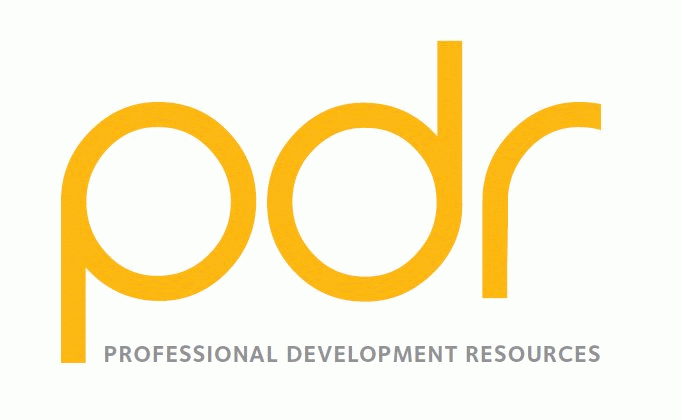
Ohio-licensed speech language pathologists have a biennial license renewal with a December 31st deadline, even years.
Twenty (20) continuing education hours are required for license renewal.
There are no limits on home study (distance learning) if ASHA approved.
Ten (10) hours must be in the area of licensure, and ten (10) hours may be related.
Click Here to See Online CE Courses for Speech Language Pathologists!
Professional Development Resources is approved by the Continuing Education Board of the American Speech-Language-Hearing Association (ASHA Provider #AAUM) to provide continuing education activities in speech-language pathology and audiology. See course page for number of ASHA CEUs, instructional level and content area. ASHA CE provider approval does not imply endorsement of course content, specific products or clinical procedures. CEUs are awarded by the ASHA CE Registry upon receipt of the CEU Participant Form from the ASHA Approved CE Provider. Please note that the completion date that appears on ASHA transcripts is the last day of the quarter, regardless of when the course was completed.
Speech Language Pathologists Continuing Education Courses:
Alzheimer’s Disease Progress Report: Intensifying the Research Effort is a 3-hour online course. This course, from the National Institutes of Health (NIH), focuses on research findings reported and projects funded in 2011 and the first half of 2012. These highlights, prepared by NIH’s National Institute on Aging (NIA), the lead institute within NIH for Alzheimer’s research, covers work by an active scientific community. This work aims to elucidate the basic mechanisms and risk factors of Alzheimer’s disease, and then apply this knowledge to the development and testing of new interventions to treat or prevent Alzheimer’s disease. The efforts of researchers and clinicians—made possible by the many people who volunteer for clinical studies and trials—may one day lead to a future free of this devastating disorder. This course details some of the recent progress toward that goal. Course #30-68 | 2012 | 39 pages | 21 posttest questions
When Your Young Client is Defiant is a 3-hour online course. Children with difficult temperaments and those with developmental delays may have learned to express their dissatisfaction with challenging and defiant behavior like whining, anger, temper tantrums or bad language. They sometimes engage in negative behavior or “misbehave” because they do not have the necessary skills – communicative or otherwise – to make their needs known. This can be a cause of major frustration for parents who may respond angrily in kind. It can be equally frustrating for clinicians. Our time with our young clients is often short, so we need to be able to manage challenging and defiant behavior effectively. The purpose of this course is to teach clinicians effective and practical strategies to manage challenging and defiant behavior in their young clients. The course will also focus on how clinicians can educate parents on how to manage difficult behavior and avoid power struggles at home. The dynamics and techniques described in this course are intended for use with typically functioning children and those with developmental or language delays. They are not generally adequate or even appropriate for children with serious behavior conditions like oppositional defiant disorder or conduct disorders. Course #30-62 | 2013 | 47 pages | 25 posttest questions
Dysphagia: Guide to Establishing a Restorative Mealtime Program is a 2-hour online course. This course will enable therapists in long-term care or post-acute rehabilitation facilities to present staff training that offers strategies and techniques for implementing a Restorative Mealtime Program (RMP). The purposes of such a program are to make dining safe and enjoyable, to increase resident independence at mealtimes, and to create a mechanism for monitoring declining abilities as disease processes progress. Also included are descriptions of dysphagic indicators, lists of aspiration precautions, methods for ascertaining needed levels of assistance, case studies, and a method for monitoring adherence to swallow safety standards. The author includes useful forms, checklists, and diagrams with limited permission for course participants to reproduce handouts for their own use in daily practice. Course #20-26 | 2013 | 37 pages | 20 posttest questions
Information gathered from the Ohio Board of Speech Language Pathology and Audiology on September 22, 2014.
Like this:
Like Loading...







